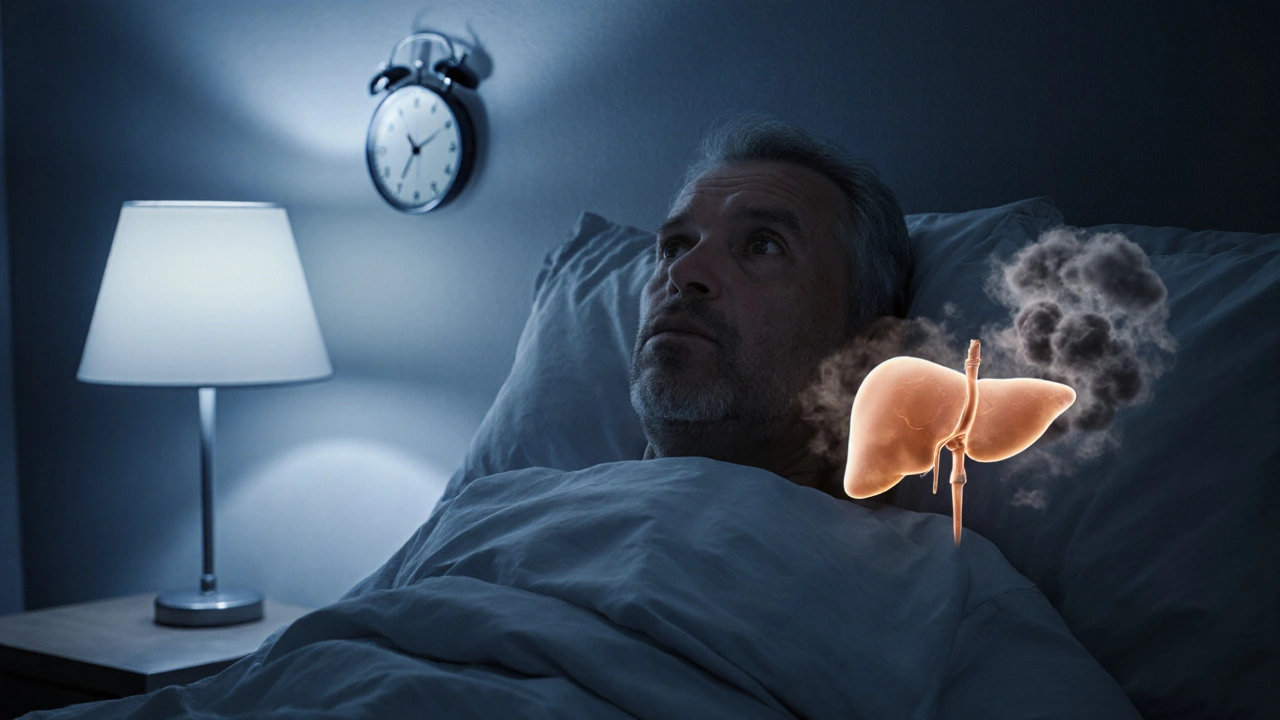Melatonin: What It Is, How It Works, and What You Need to Know
When you struggle to fall asleep, your body might be low on melatonin, a hormone your brain makes naturally to signal it’s time to sleep. Also known as the sleep hormone, it’s produced by the pineal gland in response to darkness and helps set your internal clock, or circadian rhythm. Unlike prescription sleep drugs, melatonin doesn’t knock you out—it gently reminds your body it’s nighttime. This makes it one of the most popular over-the-counter options for people dealing with occasional insomnia, jet lag, or shift work.
Many people use melatonin because it’s widely available and feels safer than sleeping pills. But it’s not a one-size-fits-all fix. For example, if your sleep trouble comes from anxiety or an irregular schedule, melatonin alone won’t fix it. Research shows it works best when taken 30 to 60 minutes before bed, and in low doses—usually between 0.5 mg and 5 mg. Higher doses don’t mean better sleep; they often just lead to grogginess the next day. It’s also not a long-term solution. Studies suggest it’s most effective for short-term use, like adjusting to a new time zone or resetting your rhythm after staying up too late for a week.
Not everyone responds the same way. Older adults often produce less melatonin naturally, which is why it’s commonly recommended for them. People with delayed sleep phase disorder—those who naturally fall asleep very late—also tend to benefit. But if you have autoimmune conditions, depression, or take blood thinners, melatonin could interact with your meds. Always check with your doctor before starting, especially if you’re on other supplements or prescriptions. And while it’s sold as a supplement, it acts like a hormone in your body, so treating it like a vitamin isn’t smart.
What you’ll find in the articles below isn’t just a list of melatonin products or myths. It’s a collection of real, practical guides that connect melatonin to other areas of health you might not expect. You’ll see how it relates to sleep disorders, how it interacts with other medications, and even how it fits into broader patterns of fatigue and circadian disruption. Some posts look at how melatonin stacks up against other sleep aids. Others explain why it sometimes doesn’t work, even when taken "correctly." There’s no fluff—just clear, no-nonsense info that helps you make better choices about your sleep and your health.

Liver Failure & Sleep: Causes, Symptoms & Practical Tips
Learn how liver failure disrupts sleep, the role of ammonia and melatonin, and practical steps to restore rest while protecting liver health.
October 7 2025